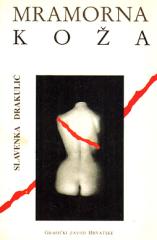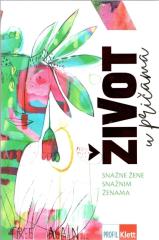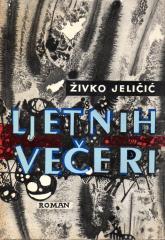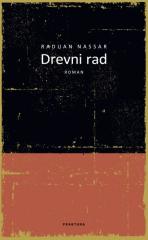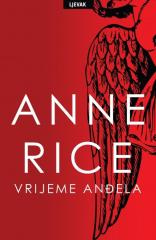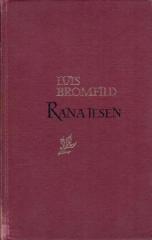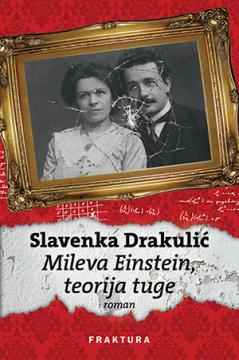
Mileva Einstein, teorija tuge
In the novel "Mileva Einstein, Theory of Sorrow", Slavenka Drakulić brought the genius and his family to life. A palpable, real, full of life, but also depression, melancholy and love, Mileva appeared before the reader...
When, at the dawn of the First World War, she had just arrived in Berlin with her sons, where her husband, the most famous scientist of the twentieth century, Albert Einstein, had just received a job, she received a letter with the terms of their mutual life, Mileva Einstein's already fractured life was completely turned upside down. She remains alone, with two sons, with a huge burden of sadness that she carries inside her, with all the falls and breakdowns that she has had in her life and that she is yet to experience.
A person who was destined for the greatest scientific achievements, a genius mathematician, the first woman at the polytechnic faculty of the University of Zurich, always second and different, Mileva Einstein born Marić, from a rich family in Vojvodina, is almost paradigmatic in her destiny when we think about the position of women.
Her theory of grief is as difficult as any theory of relativity, but also much more common than it. The baggage of sadness that she carried from her earliest youth until her death, in which painful moments were only added over time, from children's limping and mocking, through love and a failed marriage with Albert, to the death of a child, a sick sister, unfinished college, a poor financial situation and serious illness of the youngest son, is a burden that every reader can understand.
No copies available
The last copy was sold recently.
